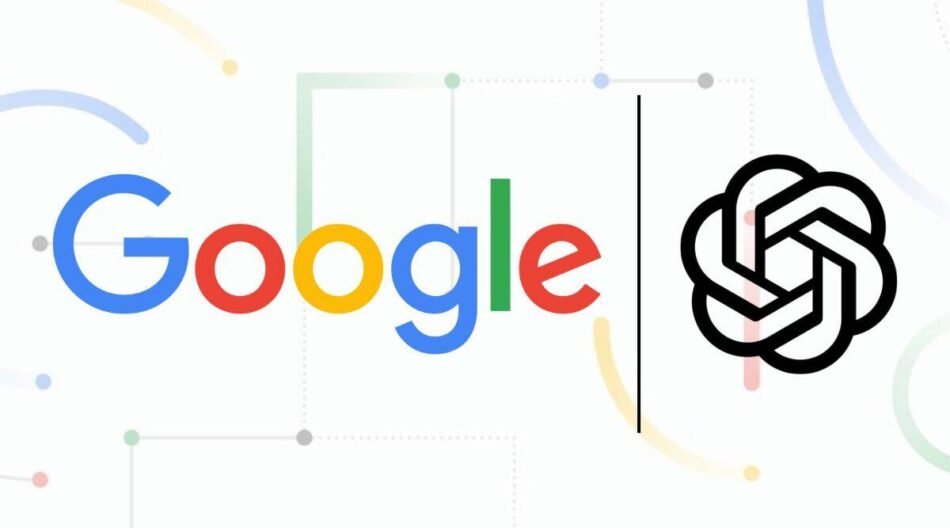ChatGPT and Google BARD are two of the most popular large language models (LLMs) on the market. Both models are trained on massive datasets of text and code, and can generate text, translate languages, write different kinds of creative content, and answer your questions in an informative way. However, there are some key differences between the two models.
- Data: ChatGPT is trained on a dataset of text and code that is compiled by OpenAI. Google BARD is trained on a dataset of text and code that is compiled by Google. This difference in data sources can lead to differences in the quality of the output from the two models. For example, ChatGPT has been known to generate text that is more creative and engaging, while Google BARD has been known to generate text that is more factual and informative.
- Access to the internet: ChatGPT does not have access to the internet. This means that it can only generate text that is based on the data that it was trained on. Google BARD has access to the internet. This means that it can generate text that is based on the data that it was trained on, as well as information that it can find on the internet. This difference in access to information can lead to differences in the quality of the output from the two models. For example, ChatGPT may not be able to answer questions about current events, while Google BARD may be able to do so.
- Interface: ChatGPT is available as a web application. Google BARD is available as a web application and as an API. This difference in interface can make it easier or more difficult to use the two models. For example, ChatGPT may be easier to use for simple tasks, while Google BARD may be easier to use for complex tasks.
Overall, ChatGPT and Google BARD are both powerful LLMs that can be used for a variety of tasks. However, there are some key differences between the two models that may make one model a better choice than the other for a particular task.
Here is a table that summarizes the key differences between ChatGPT and Google BARD:
| Feature | ChatGPT | Google BARD |
|---|---|---|
| Data | Compiled by OpenAI | Compiled by Google |
| Access to the internet | No | Yes |
| Interface | Web application | Web application and API |
| Strengths | Creative, engaging | Factual, informative |
| Weaknesses | Can be inaccurate, biased | Can be dry, boring |
| Best for | Simple tasks, creative writing | Complex tasks, research |
Content by Bard, a large language model from Google AI.


